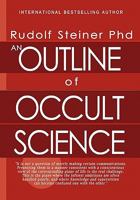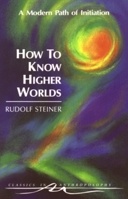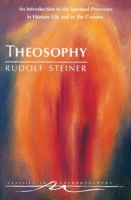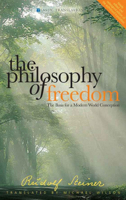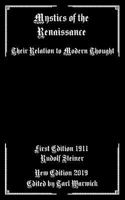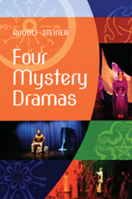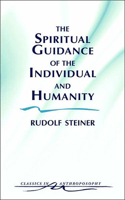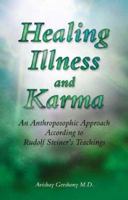Discovering Stem at the Museum
Select Format
Select Condition 
You Might Also Enjoy
Book Overview
Museums are places of learning. Just being in one is a learning opportunity in and of itself. This text uncovers the science, technology, engineering, and math that allow museums to run smoothly. From the STEM used in a museum's security measures to the STEM involved in tracking inventory, readers will learn how these essential classroom skills are applied every day in real-world environments. Engaging, age-appropriate language makes STEM concepts relatable to readers. Colorful photographs show STEM at work, while fact boxes provide opportunities for additional learning.
Format:Hardcover
Language:English
ISBN:0375408274
ISBN13:9780375408274
Release Date:April 2007
Publisher:Knopf Publishing Group
Length:657 Pages
Weight:2.44 lbs.
Dimensions:1.8" x 6.6" x 9.4"
Customer Reviews
5 customer ratings | 5 reviews
There are currently no reviews. Be the first to review this work.












